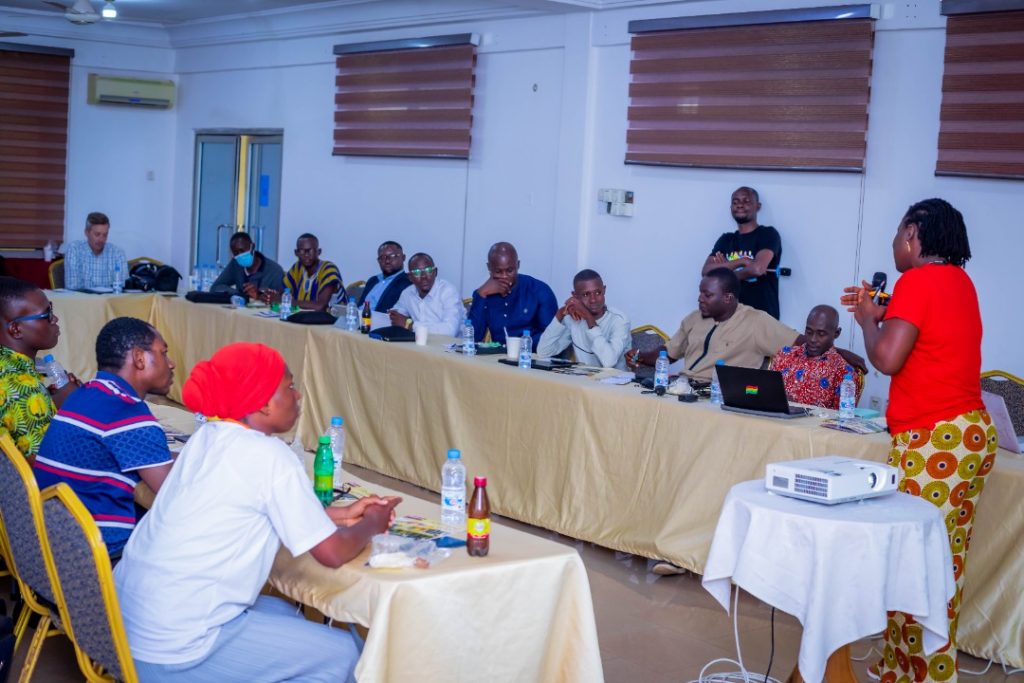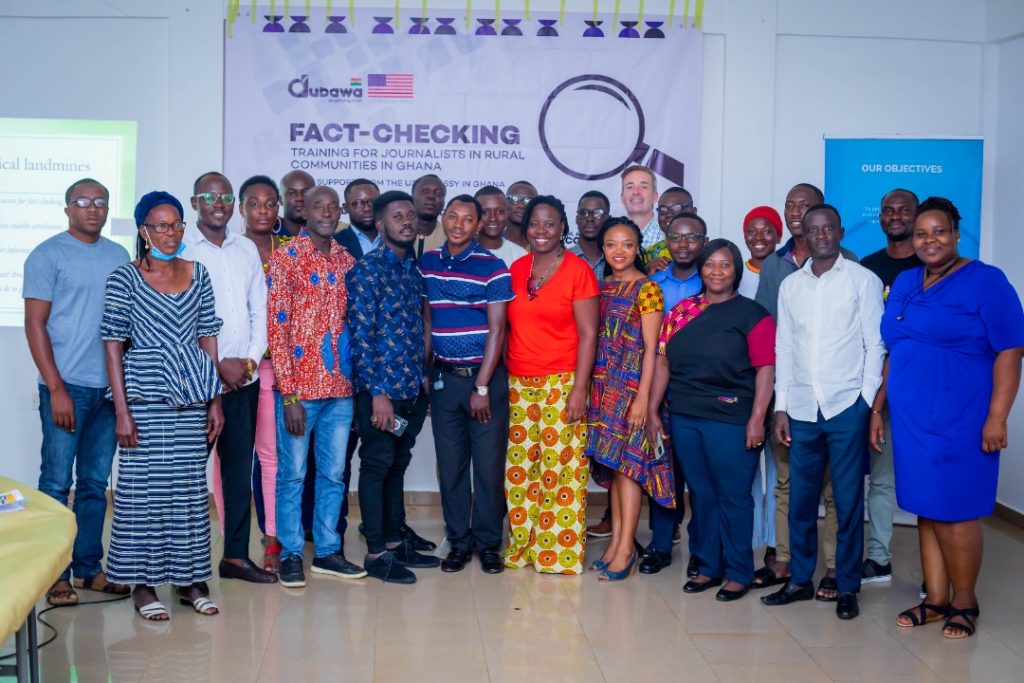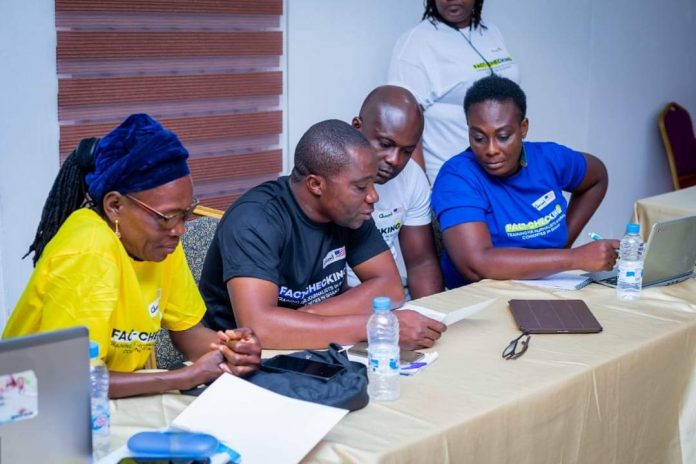A Two-day workshop was organised by Dubawa Ghana, a non-partisan transnational verification and fact-checking organisation with support from the United States Embassy in Ghana to equip Journalists across the five regions of the North in capacity building and skills development, as well as, training on fact-checking journalism.


The Country Lead of Dubawa, Ms Caroline Anipah in an interview with the media indicated that the training has become necessary to extend opportunities to Journalists working outside large cities of Ghana or in rural communities to acquire the skills and techniques of doing fact-checking on issues of importance.
She underscored the importance of fact-checking in modern-day Journalism, stating the scale at which misinformation and disinformation is circulating is totally different and so it needs a lot of attention since the world is interconnected.
She indicated that over the years, organisations in media have focused their activities on journalists in urban centers areas reason why they decided to move to rural Ghana is to ensure that journalists from this part of Ghana get access to such training and opportunities.
She noted that, misinformation and disinformation need attention and that journalists need to develop their skills so that they will be able to deal with misinformation and disinformation when they come across it.
Madam Anipah urged the participants to take the training seriously and ensure that they practice what they will be learning at the training.
Mr Kevin J. Brosnahan the Press Attaché, United States Embassy, in an interview with journalists said the fact-checking training will create good development and skills opportunities for journalists in rural Ghana.
According to him, facts are that the foundation is for democracy, therefore, it is important to aid people to make good decisions based on facts.
Kevin J. Brosnahan said; “An informed public means fact, a solid fact reported by professional journalists so when professional journalists can fact-check stories like what the government, politicians, community leaders are saying then they benefit the communities and the community members can make better decisions.”
He indicated that the training has a mentorship aspect attached and that participants will be guided on projects on fact-checking among others after the training.
Source: nkilgifmonline.com




